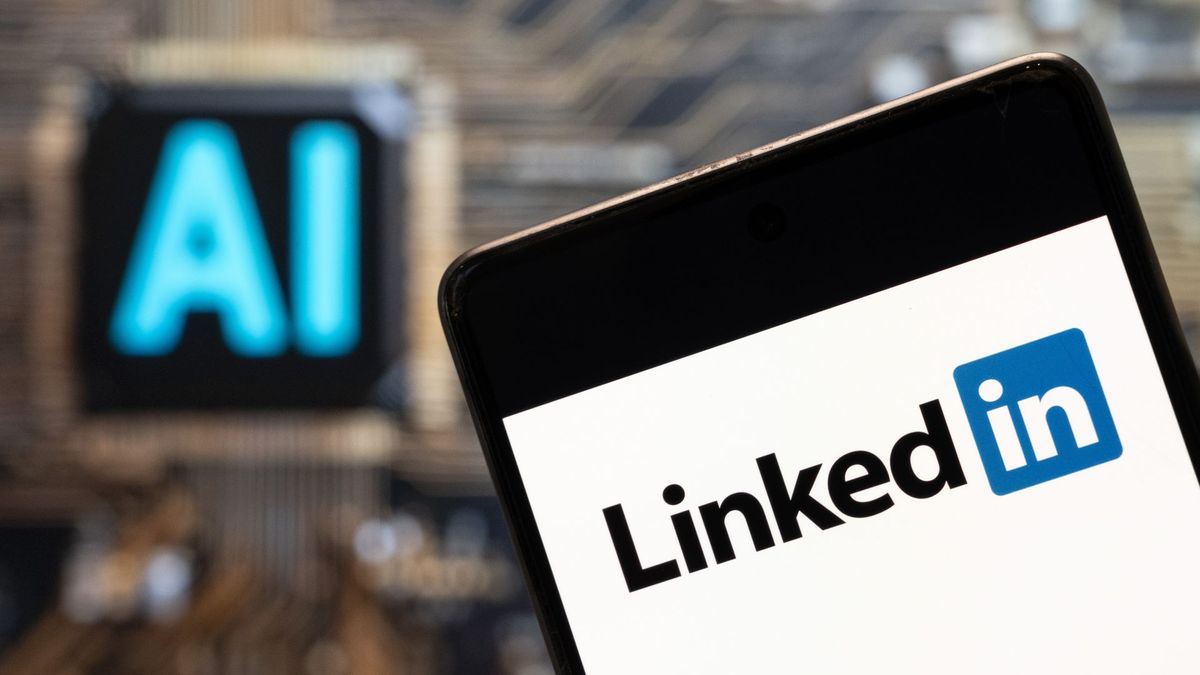Bussiness
Olaf Scholz’s business pitch to Brussels sparks election mudslinging

Germany’s export-based economy would suffer if it’s caught between Trump’s tariffs and Chinese industrial subsidies: the country’s companies have high exports to both the U.S. and China.
Scholz claims the EU’s policies should enable those exports and not anger trading partners. One such example is a planned EU carbon border tax, the Carbon Border Adjustment Mechanism (CBAM).
According to Scholz, the carbon tax needs to be reworked to boost the attractiveness of energy-intensive products, like steel, made in Europe. As it stands, the CBAM would only impose tariffs on incoming products, shielding European companies from cheaper products that don’t meet the same standards.
German automakers, meanwhile, are highly exposed to the Chinese market — making Berlin a staunch opponent of the Commission’s duties on made-in-China EVs following an anti-subsidy investigation pushed for by Paris. Scholz again decried the duties in his letter, calling for a negotiated solution.
Franco-German alliance
While France and Germany are at loggerheads over the Made-in-China EV duties, Scholz highlighted the two’s unlikely partnership to lobby for an end to the fines that automakers face this year should they fail to hit new emission targets.
A coalition of EU countries are advocating for the waiver, including a proposal from Italy and the Czech Republic that calls for an earlier review of the overarching 2035 legislation requiring zero-emission vehicle sales.



:max_bytes(150000):strip_icc()/roundup-spanx-sale-tout-4c3943da60874007a7f901db81b866b7.jpg)





